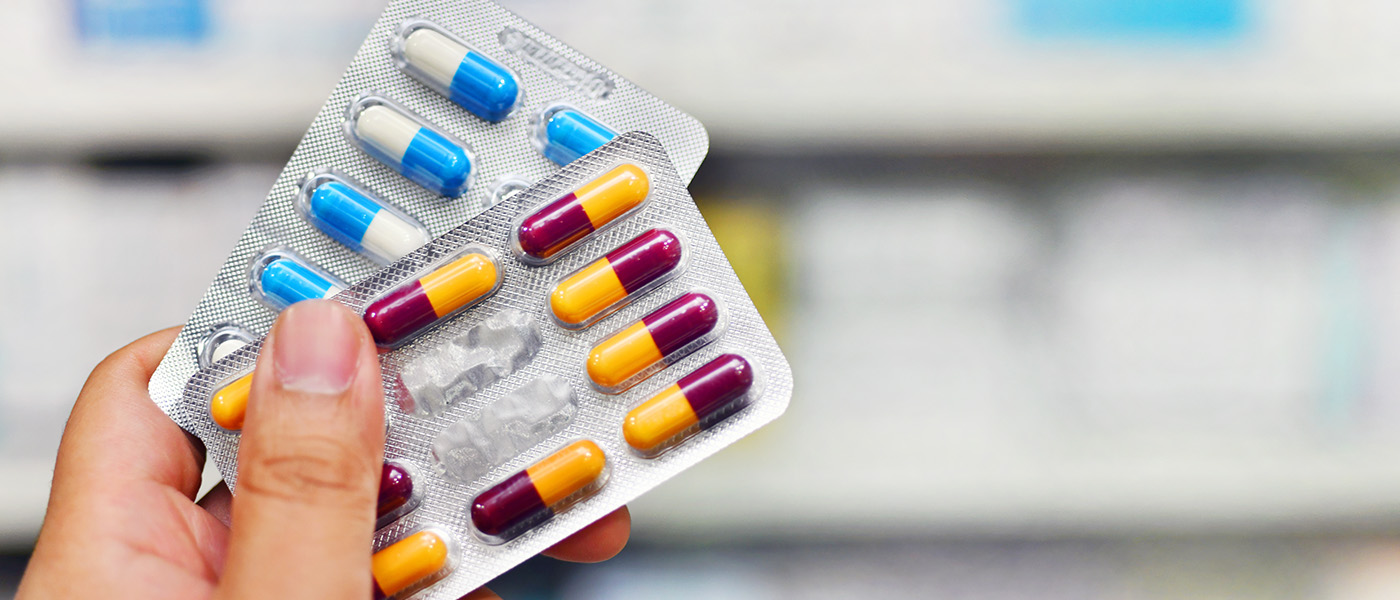Ask the Doc: What you need to know about antibiotic resistance
Published October 2024 in Fall 2022

JOY MUELLER, M.D.
Family Medicine Physician
Monument Health Sturgis Clinic
What is antibiotic resistance?
Antibiotic resistance describes what happens when germs develop the ability to resist the drugs we have developed to kill them. This means that infections can continue to grow and spread and become much harder to treat.
How serious is this problem?
The emergence of antimicrobial infections is a serious and alarming worldwide problem. The World Health Organization (WHO) and Centers for Disease Control and Prevention (CDC) list antibiotic resistance as a leading public health concern. More than 2.8 million antimicrobial infections occur in the U.S. each year and they are responsible for more than 1.2 million deaths worldwide. In some cases, resistant germs may have no other options for treatment, creating an increased threat to public health.
How do germs develop these resistances?
Like all living things, bacteria and other microbes adapt to their environments as part of a natural process. Mutations in their DNA create proteins that determine what resistance mechanisms are present. Bacteria and fungi specifically can carry a variety of genes for resistance. As antimicrobial germs spread they can also share these genes with other germs, even those that have never been exposed to antibiotic medications.
Joy Mueller, M.D., is a board-certified Family Medicine Physician at the Sturgis Clinic and a lifelong South Dakotan. She graduated from the USD Sanford School of Medicine in 2016 and went on to complete her Family Medicine residency in Rapid City in 2019. She has been practicing family medicine with Monument Health since 2016.
How does overuse of antibiotic medication affect this?
As germs are exposed to antibiotic treatments more and more often, they face more pressure to adapt and develop resistant strains. As non-resistant strains are killed by antibiotic drugs, resistant strains spread and become more common. Antibiotics and antifungals can also kill off germs that are beneficial to our bodies and may impact our immune system’s ability to fight off infections.
When should I use antibiotic treatments?
Antibiotics are lifesaving drugs and can be an important part of treating an infection, but it’s important to know when to use them. First, it’s important to talk with your care provider and follow their guidance when taking these drugs. Many of these treatments have a specific use. As an example, antibiotics are used to treat bacterial infections, antifungals are used to treat fungal infections and so on. Some drugs are focused even further on specific strains of bacteria or fungi.
Where are antimicrobial germs spread?
Germs are part of our everyday lives and can be found everywhere we can. Not all germs are harmful and some even help us. Antibiotic resistant germs have been found everywhere around the world and can get into food and water supplies, spread through contact with people and animals through community spread or as we travel. Germs from our environment can be ingested when they transfer from our hands to our food, or from improperly stored or prepared foods. Some infections are spread through sexual or other intimate contact with other people. Human and animal waste, as well as agricultural and industrial waste, can be a source of infection if improperly handled or disposed of.
What can I do?
There are several ways someone can work to reduce their risk of infection with antimicrobial resistant germs. As with many things, prevention is often the best strategy. Proper hygiene can play a major role in preventing illness. Wash your hands before eating or after taking part in any activity where you may have come into contact with germs. Make sure food is properly stored and prepared before eating it, and keep any surfaces or utensils used to prepare food properly sanitized. Safe sex practices can prevent the spread of sexually transmitted infections. Make sure waste, or other potentially hazardous materials, are properly handled and disposed of. If you do get sick, make sure antibiotic medications are prescribed appropriately and only taken as instructed by your care provider.
